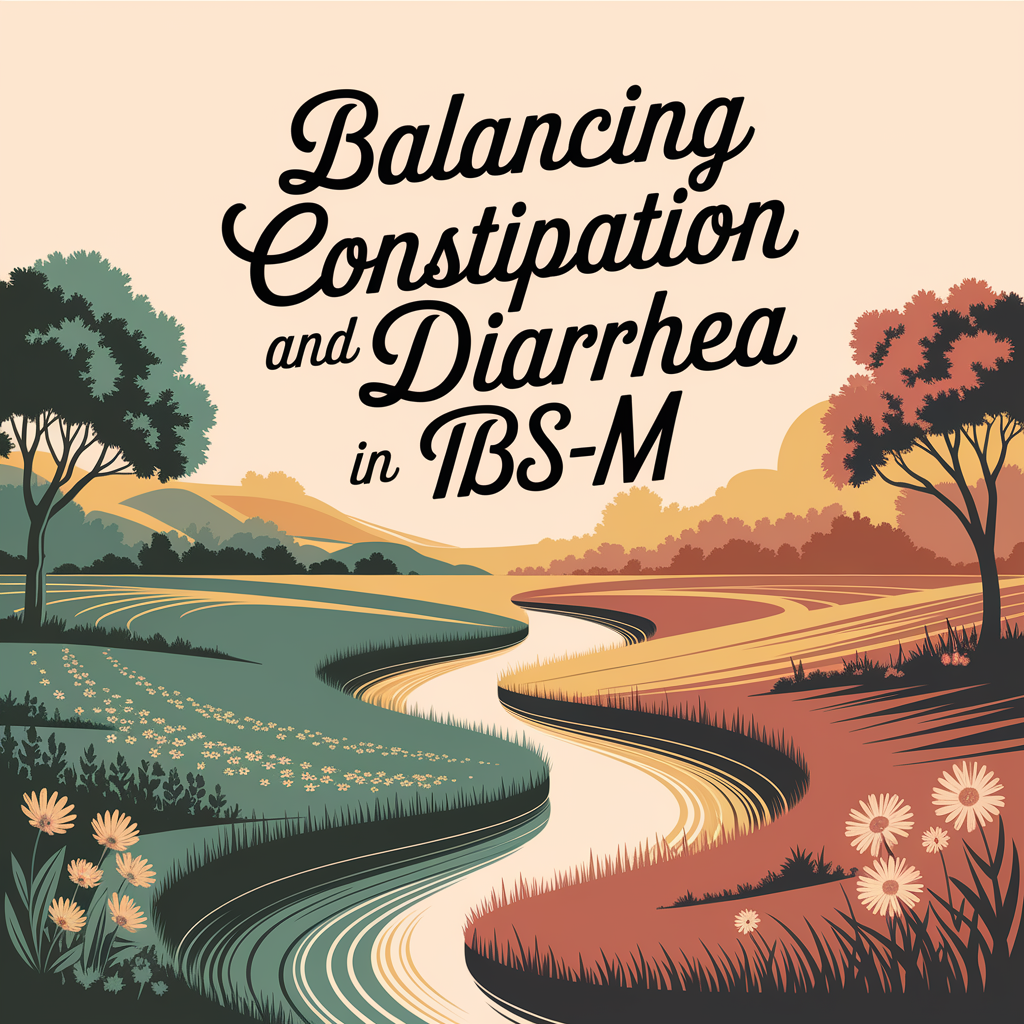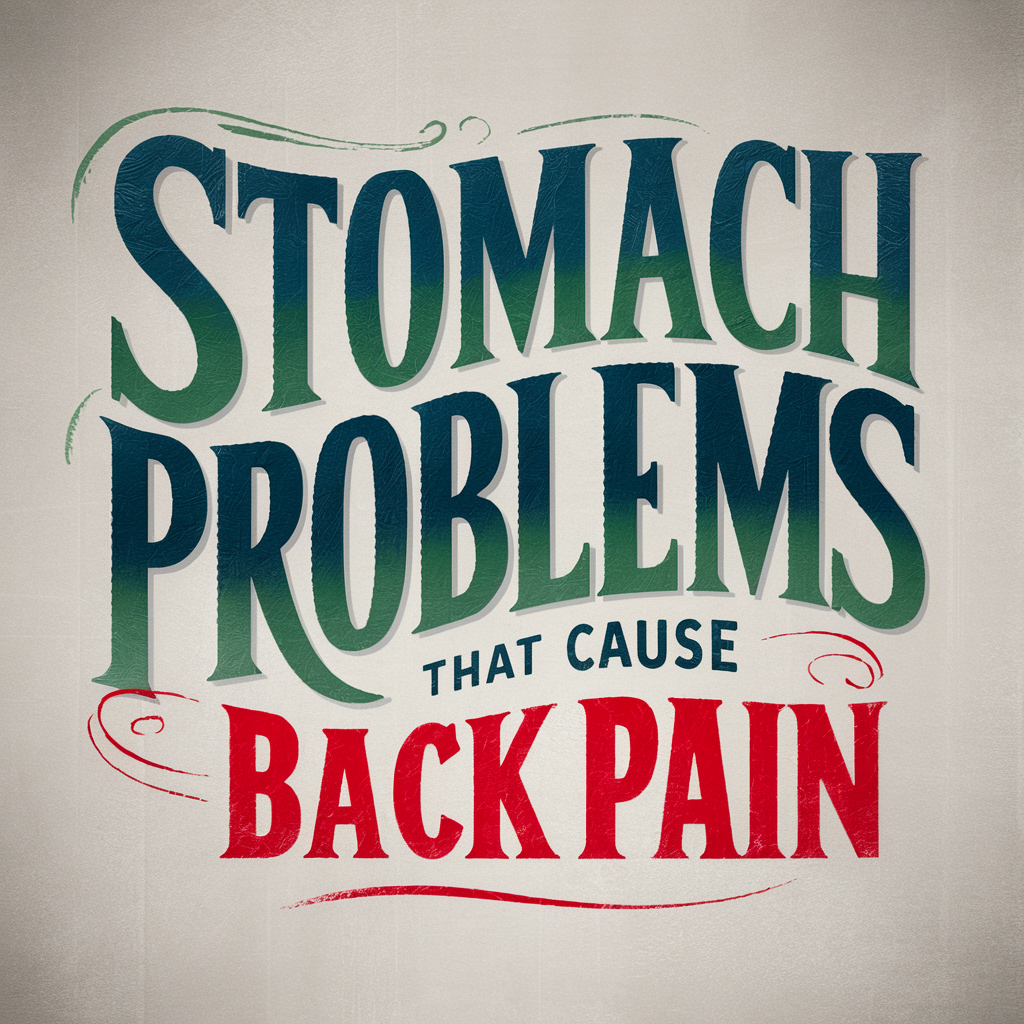
Understanding the Connection Between Stomach Problems and Back Pain
I never realized just how interconnected our bodies are until I started experiencing back pain that I couldn’t explain. It wasn’t until I looked closer at my digestive health that I discovered something surprising—certain stomach problems can actually cause back pain. This connection between the digestive system and the back isn’t something that’s talked about often, but it’s important to understand, especially if you’re dealing with unexplained back discomfort.
When we think of stomach issues, we usually imagine symptoms like bloating, gas, or abdominal pain. But in some cases, these problems can radiate pain to the back, particularly the lower back. Understanding which stomach problems can cause back pain, and why this happens, is crucial for finding the right treatment and relief. In this article, I’ll share insights on how different digestive issues can lead to back pain, where you might feel it, and what you can do to manage it effectively.

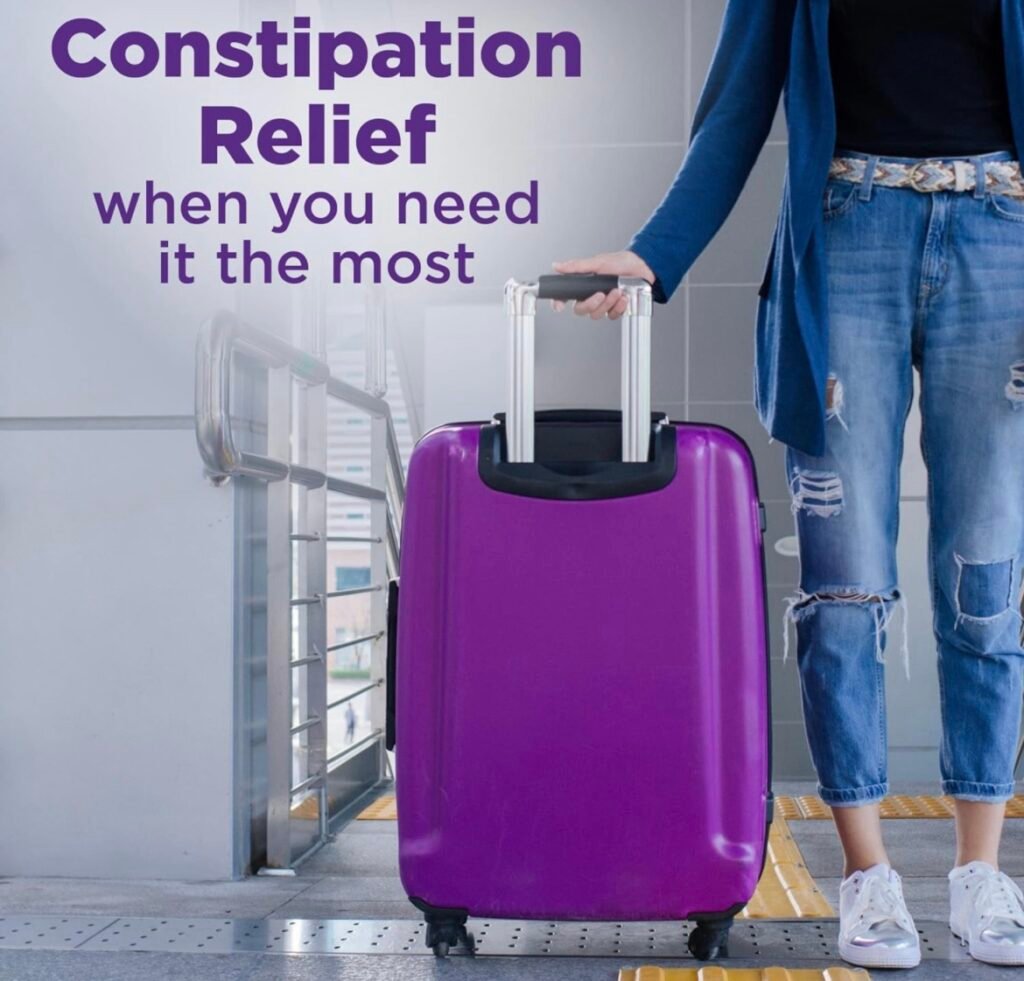
How Digestive Issues Lead to Back Pain
When I first started experiencing back pain that seemed unrelated to any physical activity or injury, I was puzzled. It wasn’t until I noticed that the pain often coincided with digestive discomfort that I began to understand the connection. The truth is, our digestive system and our back are more connected than we might think.
The lower back is particularly susceptible to pain from digestive issues because of its proximity to the stomach, intestines, and other digestive organs. When you experience problems like constipation, gas, or bloating, the discomfort isn’t always confined to your abdomen. Instead, the pressure and tension in your digestive tract can cause pain to radiate to your lower back.
One of the most common digestive issues that can cause back pain is constipation. When your bowel movements are infrequent or difficult to pass, stool can build up in your colon, creating pressure that can lead to significant discomfort in both your abdomen and lower back. I’ve experienced this firsthand—there’s nothing quite like the dull, aching pain that seems to spread from your gut to your back when you’re constipated. If you’re curious about where exactly constipation pain is felt in the back, you might find this article on Where Is Constipation Pain Felt in the Back? helpful. It delves into the specifics of how constipation can lead to back discomfort.
Gas and bloating can have a similar effect. When excess gas builds up in your intestines, it creates pressure that can radiate outward, causing pain that may be felt in your back. This pain is often described as a cramping or sharp sensation, depending on the severity of the gas.
Understanding how digestive issues can lead to back pain is the first step toward finding relief. In the next section, I’ll explore a specific stomach problem—stomach ulcers—and how they can cause back pain.

Stomach Ulcers and Back Pain
One of the more surprising discoveries I made in my journey to understand back pain was learning that stomach ulcers could be the culprit. I always associated ulcers with a burning sensation in the stomach, but it turns out that the pain can also radiate to the back, particularly the upper back.
Stomach ulcers, also known as peptic ulcers, occur when the lining of the stomach or the first part of the small intestine (the duodenum) gets eroded by stomach acid. This erosion can cause a significant amount of discomfort, and because of the way our nerves are interconnected, this pain doesn’t always stay localized to the stomach area. Instead, it can spread to the back, creating a dull or even sharp pain that’s easy to mistake for something else entirely.
In my case, the back pain associated with a stomach ulcer felt like a deep ache, right between my shoulder blades. It was confusing at first because I didn’t immediately connect it to my digestive health. But once I started noticing the pattern—how the back pain often followed a meal or occurred alongside a burning sensation in my stomach—I began to piece things together.
It’s important to note that if you’re experiencing this type of pain, it’s crucial to address it sooner rather than later. Stomach ulcers can worsen over time if left untreated, potentially leading to more severe health issues. Symptoms like heartburn often accompany ulcers, and the pain from heartburn can also radiate to the back, adding another layer of discomfort. For more on how heartburn symptoms can linger and contribute to back pain, you might want to check out How Long Do Heartburn Symptoms Last?.
Recognizing the signs of a stomach ulcer and its potential to cause back pain is key to finding relief. Treatment typically involves medications to reduce stomach acid and promote healing, along with lifestyle changes to prevent further irritation. Addressing the ulcer itself can often alleviate the associated back pain, providing relief from both conditions.
In the next section, I’ll discuss how common issues like gas and bloating can also contribute to back pain, and what you can do to manage these symptoms.
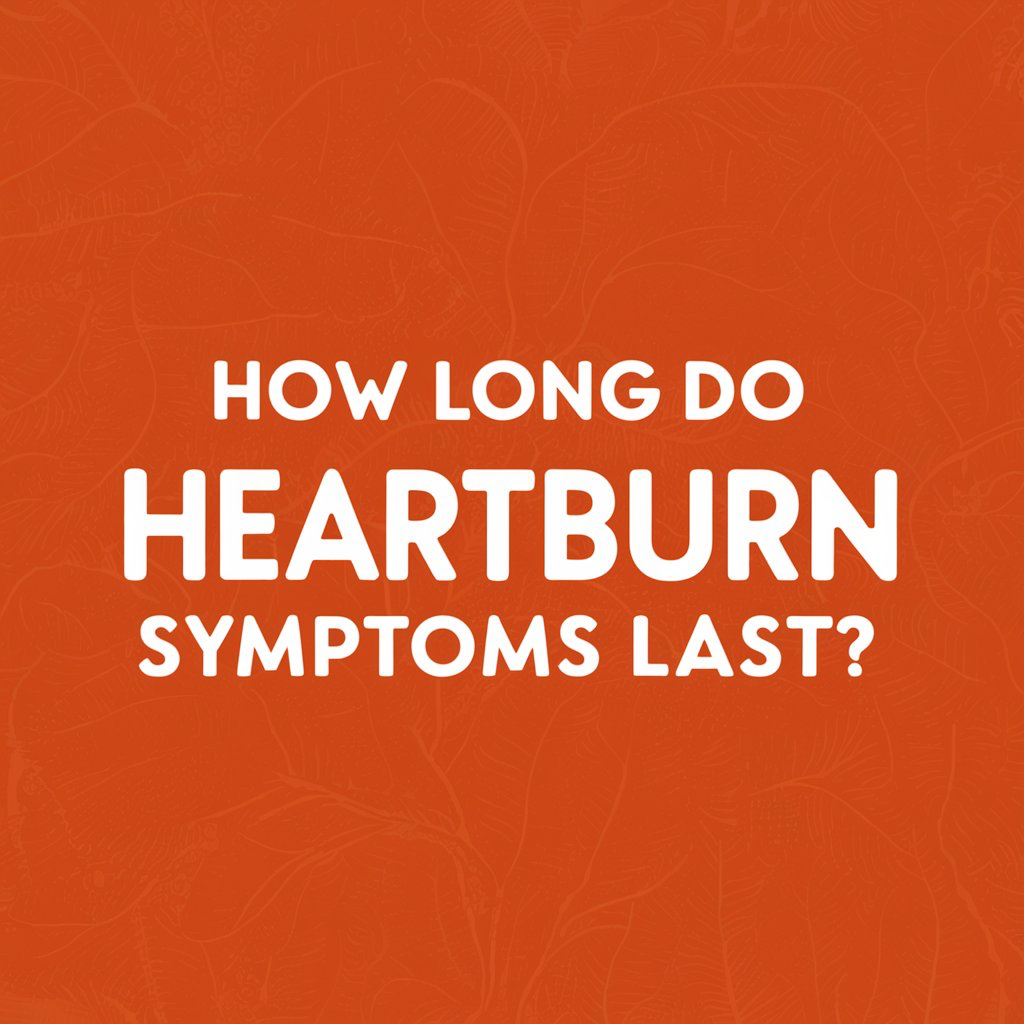
Can Gas and Bloating Cause Back Pain?
If you’ve ever experienced the discomfort of gas and bloating, you know how unsettling it can be. For me, these symptoms have sometimes led to more than just abdominal pain—they’ve also caused significant back pain. It’s surprising how something as common as gas can create such widespread discomfort, but the pressure it creates in the abdomen can easily radiate to the back, making it hard to find relief.
Gas and bloating occur when excess air or gas builds up in the digestive tract. This buildup creates pressure in the abdomen, which can then push against surrounding organs, muscles, and nerves. When the pressure becomes too much, it often spreads to the lower back, causing a dull ache or even sharp, cramp-like pain. The sensation can vary from mild discomfort to something more intense, depending on the severity of the bloating.
I’ve noticed that my back pain tends to flare up during episodes of severe bloating, especially after meals that are heavy or difficult to digest. It can be frustrating because the pain doesn’t always resolve immediately after the bloating subsides; it sometimes lingers, making it difficult to get comfortable.
One of the ways I’ve managed to reduce this type of pain is by addressing the underlying cause—constipation. When constipation is a factor, gas and bloating tend to worsen, leading to more significant back pain. A product that has been particularly helpful for me is Amazon Basic Care ClearLax, which is an osmotic laxative. It works by drawing water into the colon, which helps to soften stool and make bowel movements easier. This, in turn, reduces the pressure in the digestive tract and alleviates the associated back pain.
Do You Have Lower Left Abdominal Pain? We have a great article on just that!
In addition to managing constipation, maintaining good digestive health is crucial in preventing gas and bloating from causing back pain. This includes eating a balanced diet, staying hydrated, and avoiding foods that are known to cause gas. For more tips on how to support your digestive system and prevent issues like these, I recommend checking out Unlock the Secrets to Stomach Health. This resource offers practical advice on how to keep your digestive system functioning smoothly, which can go a long way in preventing the kind of discomfort that leads to back pain.
By managing gas, bloating, and constipation effectively, you can significantly reduce the likelihood of experiencing back pain related to these issues. In the next section, I’ll explore how inflammation in the digestive tract can also lead to back pain and what you can do to address it.

How Inflammation in the Digestive Tract Affects the Back
I’ve learned that when my digestive system is inflamed, it’s not just my gut that suffers—my back often does, too. Chronic inflammation in the digestive tract, especially from conditions like Irritable Bowel Syndrome (IBS) or Inflammatory Bowel Disease (IBD), can lead to significant discomfort that radiates to the back. Understanding this connection has been crucial for me in managing both my digestive health and the associated back pain.
Inflammation in the gut can affect the back in a couple of ways. First, the inflammation itself can irritate the nerves that connect the digestive organs to the spine. This irritation can cause pain that radiates to the lower back or even the upper back, depending on which part of the digestive system is inflamed. Second, chronic inflammation often leads to digestive symptoms like diarrhea, constipation, and bloating—all of which can contribute to back pain by creating additional pressure and tension in the abdomen.
For those of us dealing with conditions like Crohn’s disease or ulcerative colitis, the inflammation can be severe, leading to more intense and persistent back pain. When my inflammation flares up, I notice that my back pain becomes more pronounced, especially when combined with other digestive symptoms. It’s a reminder of how interconnected our body systems are—what affects one area can easily impact another.
One common consequence of chronic digestive inflammation is the development of hemorrhoids, particularly if constipation is involved. The straining that often accompanies constipation can exacerbate inflammation and lead to hemorrhoids, which only adds to the discomfort. If you’re dealing with this issue, you might find relief through natural remedies. For helpful tips, I recommend checking out Effective Natural Remedies for Hemorrhoids, which offers strategies to manage this painful condition.
Managing inflammation is key to reducing the back pain associated with digestive issues. For me, this has meant making dietary changes to reduce triggers, staying hydrated, and using anti-inflammatory supplements when needed. It’s also important to address the underlying digestive issues—whether it’s managing IBS symptoms or finding effective treatments for IBD—to reduce the overall inflammation in the gut.
By focusing on reducing gut inflammation, you can help alleviate the back pain that often accompanies it. In the next section, I’ll discuss another common cause of back pain related to digestive health: gallbladder issues.
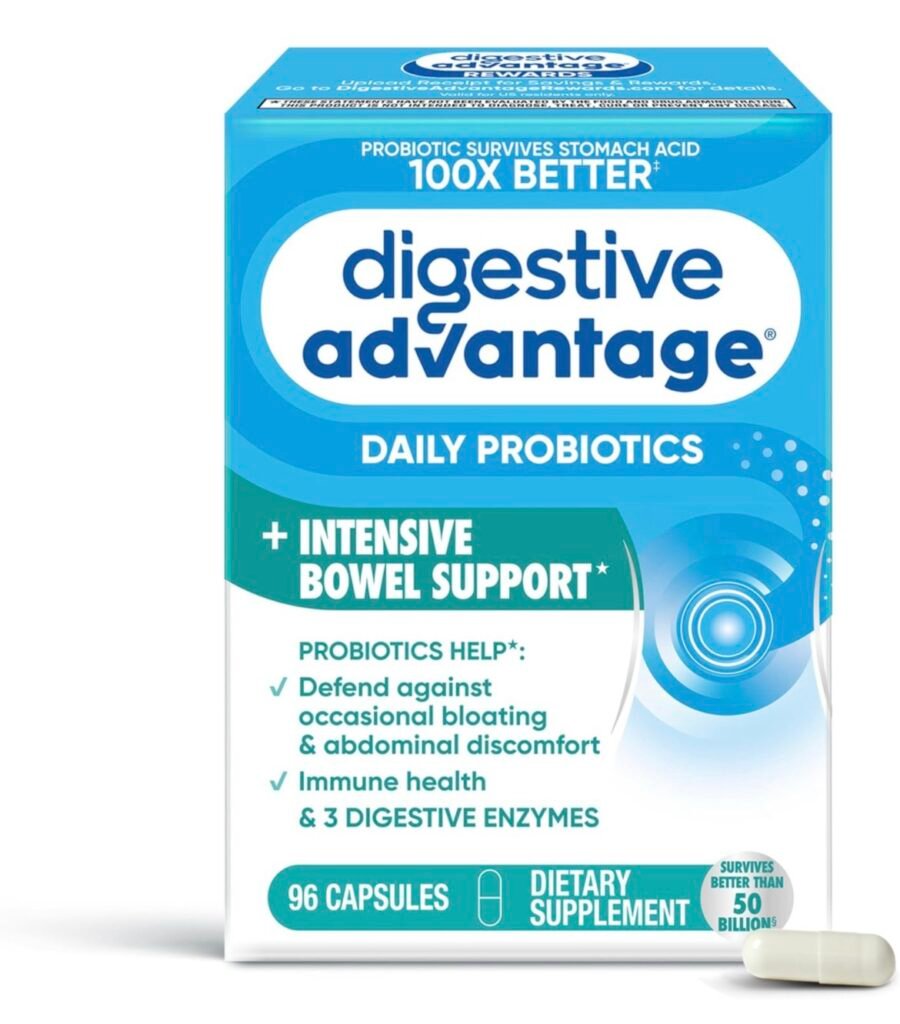
Gallbladder Issues and Back Pain
Another surprising source of back pain that I discovered is related to gallbladder issues. The gallbladder, a small organ located beneath the liver, plays a critical role in digestion by storing bile, which helps break down fats. However, when something goes wrong with the gallbladder—such as the formation of gallstones or inflammation—it can lead to intense pain that isn’t just felt in the abdomen but often radiates to the back as well.
Gallbladder pain, often referred to as biliary colic, typically presents as a sharp, cramping pain in the upper right part of the abdomen. This pain can be severe, and in many cases, it spreads to the upper back, particularly between the shoulder blades. I remember the first time I experienced this; the pain was so intense and persistent that it was difficult to find a position that offered relief. The pain came in waves, and what made it even more confusing was that it wasn’t always limited to my abdomen—the discomfort radiated to my back, making it hard to pinpoint the exact cause.
Gallstones are one of the most common culprits behind gallbladder-related pain. These stones form when substances in the bile, such as cholesterol, harden into small pebble-like deposits. When these stones block the bile ducts, it creates a pressure build-up, leading to the sharp pain that can spread to your back. Other symptoms of gallbladder issues might include nausea, vomiting, and digestive disturbances, especially after eating a fatty meal.
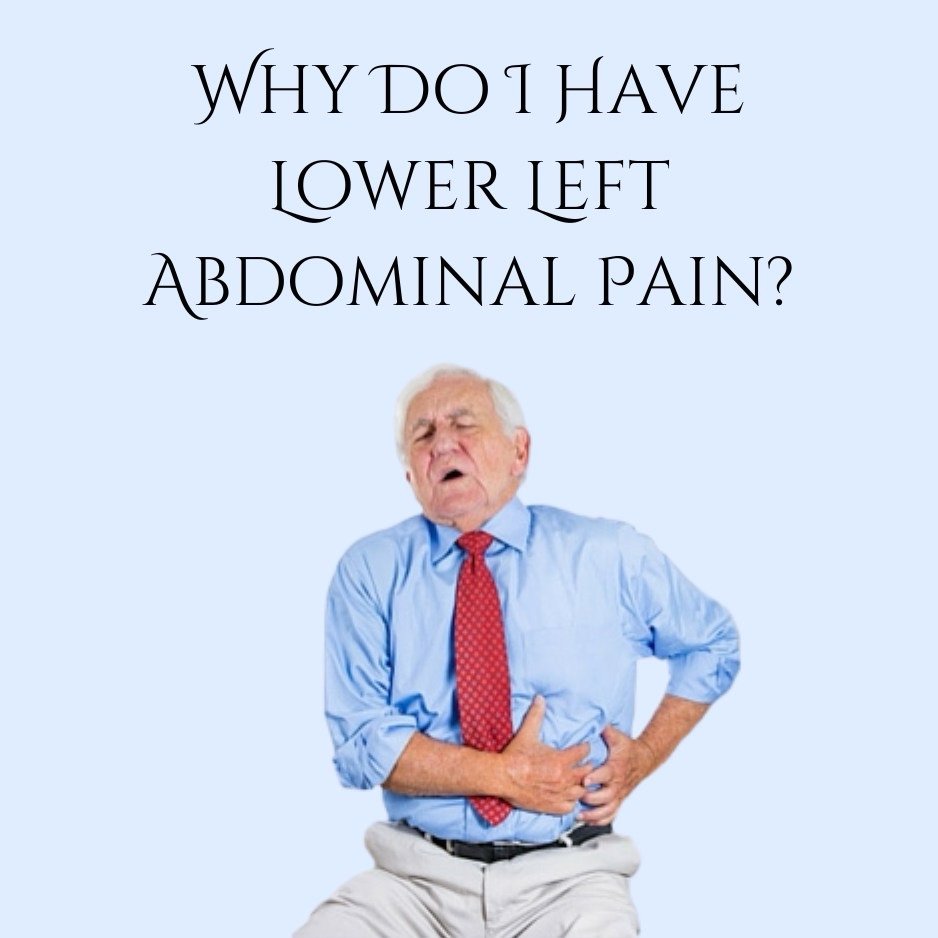
If you suspect that your back pain might be related to gallbladder issues, it’s crucial to seek medical advice. Gallbladder problems can escalate quickly and may require surgery to remove the gallbladder or the stones causing the blockage. However, maintaining good digestive health can play a role in preventing gallbladder issues. Keeping your bowels regular, for example, is essential. One way to support bowel health is by using a bidet, which can help keep the rectal area clean and reduce the risk of irritation or infection that might exacerbate digestive issues. If you’re curious about the benefits, I suggest reading Why People Choose to Use a Bidet for more information.
Incorporating dietary changes to reduce the intake of high-fat foods and staying hydrated can also support gallbladder health, potentially reducing the risk of pain that radiates to the back. If gallbladder problems are the cause of your back pain, addressing them directly is the best way to find lasting relief.
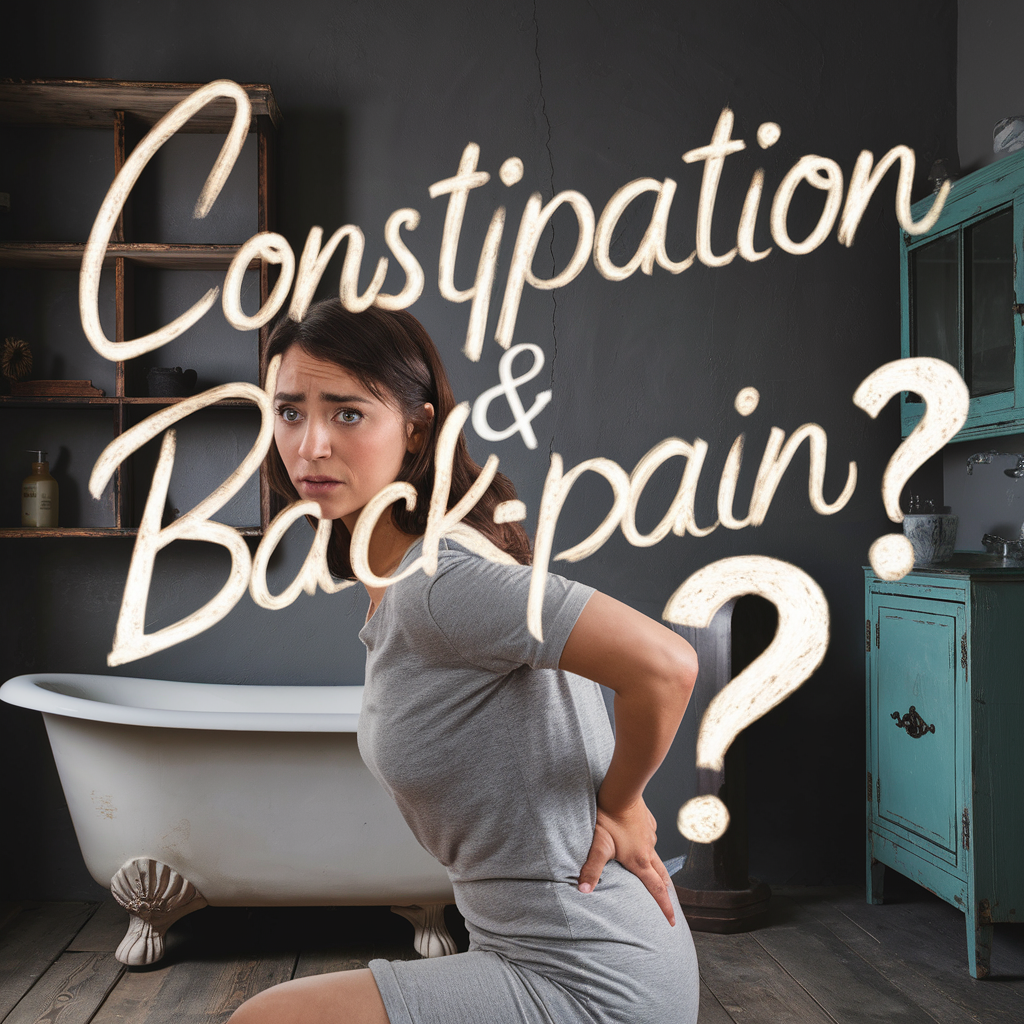
Constipation and Back Pain
Constipation is one of the most common digestive issues that can lead to significant back pain, especially in the lower back. I’ve experienced this connection firsthand—whenever I’m constipated, it’s not just my stomach that feels uncomfortable; my back often starts to ache as well. Understanding how constipation leads to back pain can help you take steps to alleviate both issues.
When you’re constipated, stool builds up in your colon, causing it to become enlarged and exert pressure on surrounding organs, muscles, and nerves. This pressure can radiate to the lower back, leading to a dull, aching pain that sometimes feels like muscle strain. The longer the stool remains in the colon, the more pressure it creates, which can make the back pain worse over time.
I can really recommend some good herbal tea that can help with constipation!

The pain can be particularly intense if the constipation is severe or chronic. For me, the discomfort is often accompanied by bloating and a feeling of heaviness in the abdomen, which adds to the overall strain on my lower back. I’ve learned that addressing constipation quickly is key to preventing this kind of pain from escalating.
To relieve constipation and the associated back pain, I’ve found that using a gentle laxative like Amazon Basic Care ClearLax can be very effective. This osmotic laxative works by drawing water into the colon, which softens the stool and makes it easier to pass. As the stool is cleared, the pressure in the abdomen decreases, which often leads to relief from back pain as well.
In addition to using laxatives, staying hydrated and maintaining a diet rich in fiber are crucial for preventing constipation in the first place. Regular physical activity can also help keep your digestive system moving, reducing the likelihood of constipation-related back pain.
For more detailed information on how constipation can lead to back pain, I recommend reading Where Is Constipation Pain Felt in the Back?. This article provides insights into the specific areas of the back that are affected and offers tips on managing the pain effectively.
Understanding the link between constipation and back pain has made a big difference in how I manage my digestive health. By addressing constipation early, you can avoid the discomfort that often extends to your back and enjoy better overall health.

Hiatal Hernias Can Cause Back Pain
Did you know that having a hiatal hernia can also cause back pain? Hiatal hernias can not bother some people, but for others cause a huge array of bothersome and debilitating symptoms such as back pain, constant reflux, nausea, shortness of breath, heart palpitations and much more! We wrote an article that address hiatal hernias and the cost of surgery to fix them! Hiatal hernias typically cause mid to upper back pain but can vary from person to person.
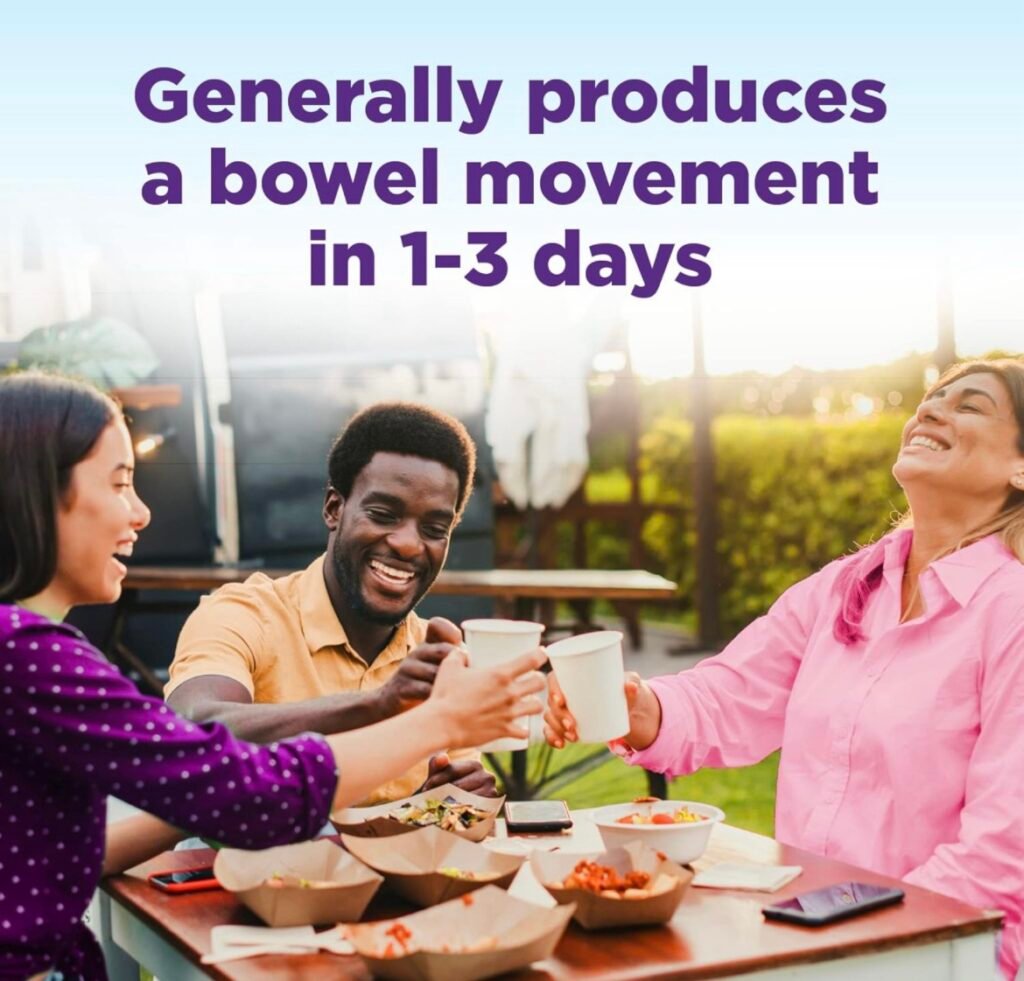
When to See a Doctor
While many cases of back pain related to stomach problems can be managed at home, there are times when it’s essential to seek professional help. I’ve learned the hard way that ignoring persistent or severe pain can lead to more serious health issues. Understanding when to consult a doctor can make all the difference in getting the right treatment and preventing further complications.
Recognizing Serious Symptoms
If your back pain is accompanied by symptoms such as severe or persistent abdominal pain, unexplained weight loss, blood in your stool, or vomiting, it’s crucial to seek medical attention immediately. These signs could indicate a more serious condition, such as a bowel obstruction, stomach ulcer, or gallbladder disease, that requires prompt medical intervention.
For instance, I once ignored severe back pain thinking it was just muscle strain, only to discover later that it was due to a serious digestive issue. The pain didn’t go away with rest or over-the-counter pain relievers, and it was only when other symptoms like nausea and persistent abdominal discomfort kicked in that I realized something more was going on.
If you’re experiencing chronic or worsening back pain that you suspect might be related to digestive problems, it’s also a good idea to consult with your doctor. They can perform tests to determine the underlying cause and recommend a treatment plan tailored to your needs.
Combining Home Care with Professional Guidance
Even if your symptoms are mild, it’s still beneficial to get a professional opinion, especially if you’ve tried home remedies without success. A healthcare provider can offer insights into whether your back pain is related to your digestive health and suggest more effective treatments. For example, they might recommend dietary changes, prescribe medications, or refer you to a specialist if they suspect a more complex issue.
In addition to medical treatment, continuing with the home care strategies we’ve discussed—such as using Amazon Basic Care ClearLax for constipation or making dietary adjustments to reduce gas and bloating—can help manage symptoms and prevent future episodes of back pain.
Seeking medical advice not only helps address the immediate discomfort but also provides peace of mind, knowing that you’re taking the necessary steps to protect your health. By combining professional guidance with effective home care, you can better manage the connection between stomach problems and back pain.
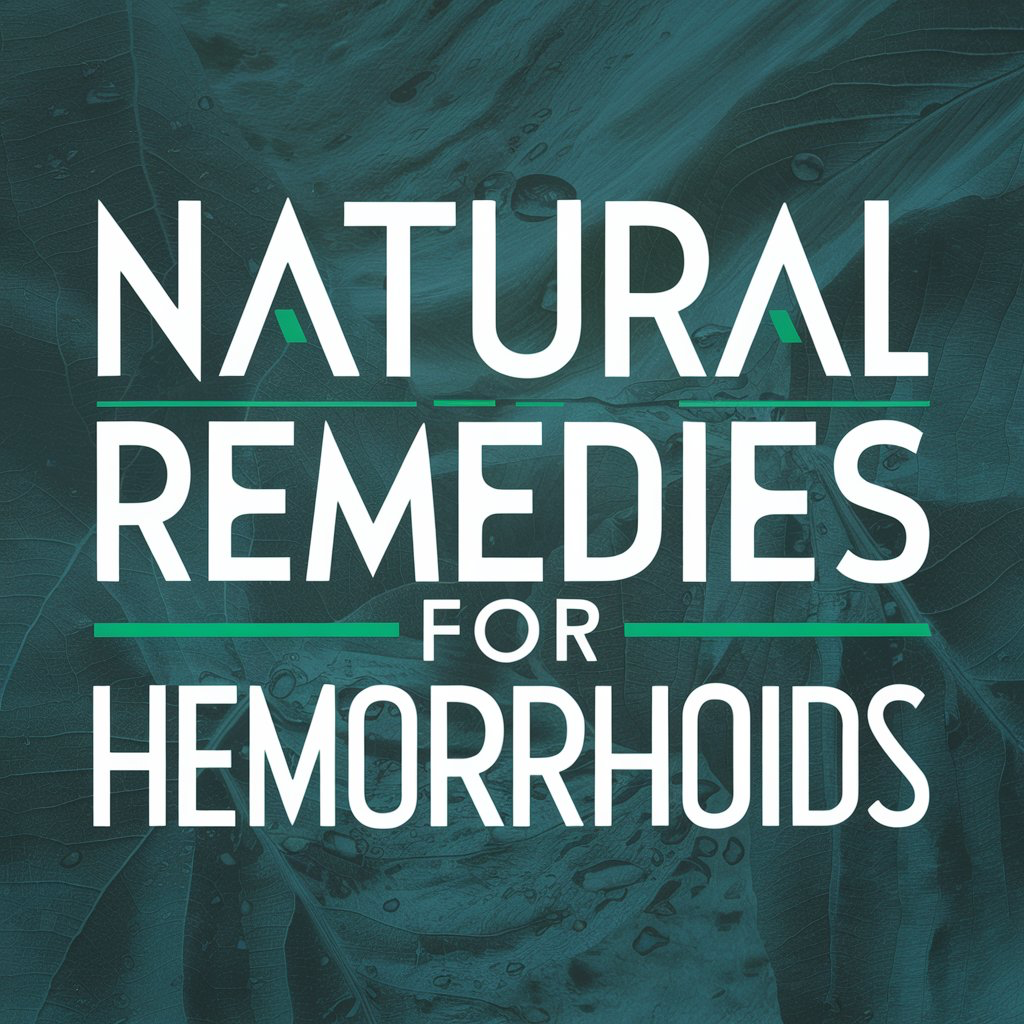
Understanding and Managing Stomach-Related Back Pain
In my experience, recognizing the link between stomach problems and back pain has been crucial for finding relief and improving my overall health. From constipation to gallbladder issues, understanding how digestive problems can impact the back allows you to take proactive steps in managing your symptoms. Whether through home remedies, lifestyle changes, or seeking medical advice, addressing the root cause of your discomfort is the key to lasting relief.
If you’re dealing with stomach-related back pain, start by identifying the underlying issue and taking the appropriate steps to manage it. Don’t hesitate to use resources like Amazon Basic Care ClearLax for constipation or explore articles like Where Is Constipation Pain Felt in the Back? for more insights. Remember, your health is interconnected—taking care of your digestive system can lead to a healthier, pain-free back.
As an Amazon Associate we earn from qualifying purchases through some links in our articles.

